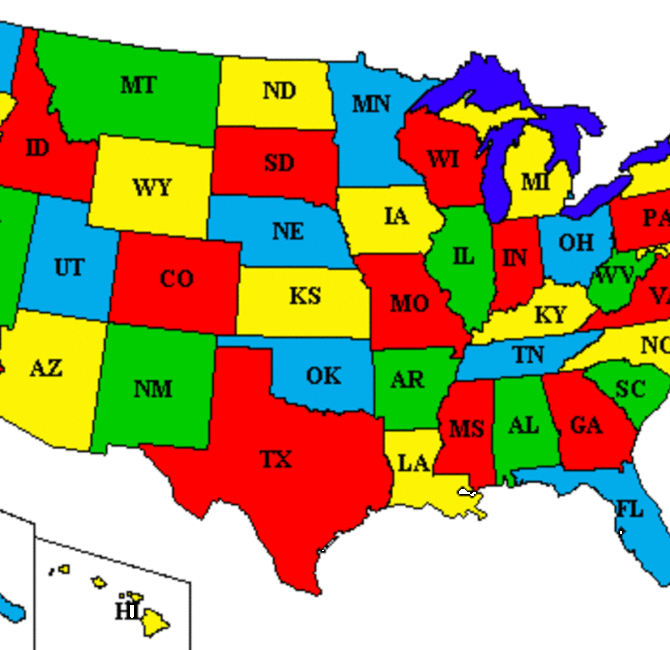If you have been charged with DUI, there are various resources available to assist with your case – including community organizations, non-profits and professional services.
These organizations focus on ending drunk driving, supporting victims and preventing underage drinking. Some offer Victim Impact Panel (VIP) classes featuring victims and survivors of impaired driving accidents.
1. Mothers Against Drunk Driving (MADD)
Candace Lightner made a promise after her 13-year-old daughter Cari was killed by an impaired driver: to use their pain and grief for positive change. Together with other grieving mothers who had lost children through drunk driving crashes, Candace formed Mothers Against Drunk Driving (MADD).
MADD’s mission is to eliminate drunk driving, support victims and their families, and prevent underage drinking. Through its advocacy work, it has succeeded in passing numerous state and national laws to stop drunk driving such as lowering legal blood alcohol concentration levels, creating sobriety checkpoints and raising minimum drinking age limits.
The organization strives to raise public awareness through public education campaigns. For instance, they created Tie One On for Safety as part of this effort, offering red ribbons for people to tie onto their cars as a reminder never to drink and drive. Furthermore, the group advocated for zero tolerance laws which provide financial incentives to states which forbid under-21 drivers from driving with any detectable amount of alcohol in their system.
2. National Highway Traffic Safety Administration (NHTSA)
The National Highway Traffic Safety Administration (NHTSA) is a federal agency which strives to save lives, reduce injuries, and limit property damage from motor vehicle collisions through research and education. Their main initiatives are safe driving education programs as well as seatbelt enforcement campaigns and promotion for child car seats – they also enforce traffic laws and investigate accidents when necessary.
NHTSA utilizes a data-driven systems approach to analyze crashes, their related causal factors and proposed countermeasures. Additionally, NHTSA maintains a geospatial summary of crash fatalities which assists state highway safety offices in identifying areas across the nation requiring special consideration.
NHTSA also awards grants to states for comprehensive highway safety programs, which may include rural programs with numerous road miles and high rates of crash deaths relative to urban ones. Rural programs require being tailored specifically to each community based on needs assessment and resources availability; targeting high rates of rear-end crashes or those that experience increased pedestrian activity may require special consideration.
3. Alcoholics Anonymous (AA)
People living with alcohol use disorder (AUD) often find relief through Alcoholics Anonymous meetings. While this organization has come under criticism for emphasizing morality and Christian spirituality over rigorous medical research, millions have found relief with AA.
AA’s Twelve Steps program emphasizes abstinence from alcohol, making amends with those you have wronged and finding a source of strength to guide them during difficult times. Members are also encouraged to seek a sponsor – someone who has made progress in recovery themselves who can offer guidance and provide support; according to one recent study, those with sponsors were significantly more likely to sustain long-term abstinence than those without one.
Meetings are offered free to attend and typically held in community spaces such as churches and treatment centers, online as well as offline. A chairperson leads each session by reading out a preamble and selecting an open topic for discussion; crosstalk is prohibited while participants can share their struggles and achievements without judgement from others in an atmosphere of mutual support and nonjudgment. Many meetings focus on either The Big Book of Alcoholics Anonymous (12 Steps and Traditions).
4. Alcoholics Anonymous for Women (AAW)
Alcoholics Anonymous (AA) is an international program to assist those dealing with alcohol abuse issues. Membership doesn’t discriminate based on age, sex or education – its only requirement for membership is that participants suffer from alcohol addiction. Meetings provide members with support while more experienced members act as sponsors to guide newer ones through 12 steps towards recovery. AA groups are self-supporting with no membership dues or fees to pay when joining.
While Alcoholics Anonymous has proven itself effective at helping its members quit drinking, some members remain critical of its religious/spiritual foundation and emphasis. Due to these reservations, there have been calls for further studies of this program in order to assess its exact success rate and underling mechanisms.
As part of its efforts to address these concerns, AA has also established Alcoholics Anonymous for Women (AAW), a support group specifically tailored to female members. AAW serves as an outlet where women can share their experiences and provide mutual assistance through the recovery process; this 12-step program complements AAW meetings which take place weekly, monthly or as needed.
5. Alcoholics Anonymous for Teens (AATY)
Alcoholism affects all age groups, races, genders, socioeconomic levels and educational levels – including young people. Even those in their early 20s may encounter an alcoholic family member or be affected by drinking habits of friends or neighbors. Alcoholics Anonymous has long been helping alcoholics recover – with meetings being available almost everywhere that offer support and can help determine if there’s an issue with drinking in their lives.
While Alcoholics Anonymous (AA) provides support to individuals struggling with alcohol dependency, Alateen offers similar groups for teenagers affected by someone else’s alcohol abuse. These meetings are open to anyone between 13-18 and are led by adult sponsors who facilitate discussions on various topics.
Teens often attend Alateen meetings as part of their treatment programs or after completing residential rehab or an IOP. Parents may attend these meetings to show support and remain actively involved with their son or daughter’s journey toward recovery. According to The Journal of Addictions, attending peer recovery support groups can increase one’s rate of abstinence while decreasing instances of relapse.



